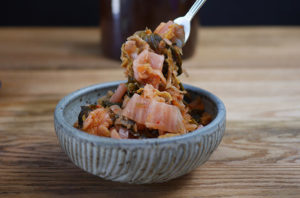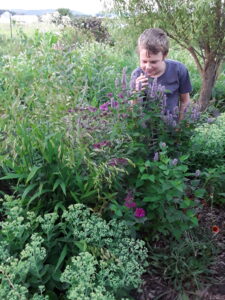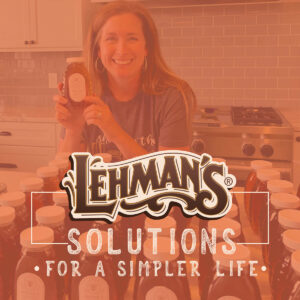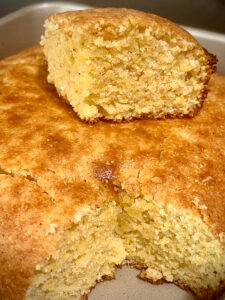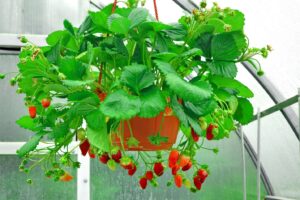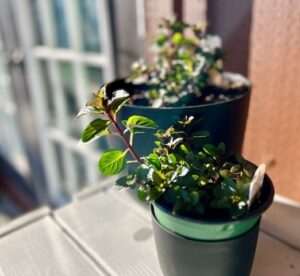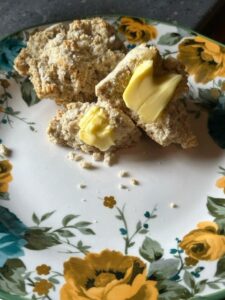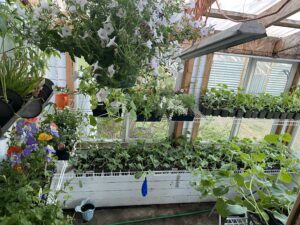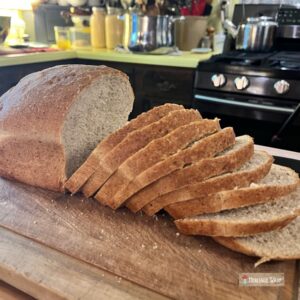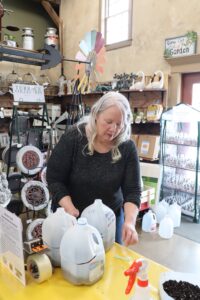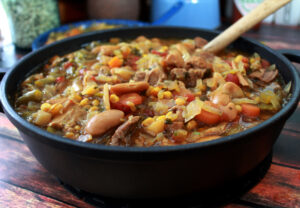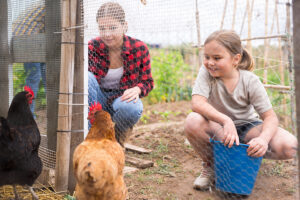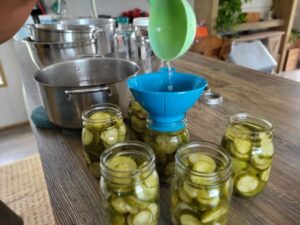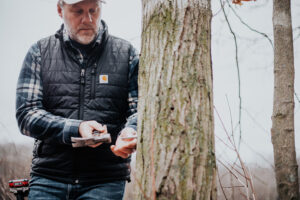Editor’s Note: We’re happy to announce our guest blogger today is fermentation expert and author Kirsten K. Shockey. She has a wealth of information to share, and in this post, she tackles a question we hear often at Lehman’s. Enjoy!
What is the difference between fermenting and pickling? It is a common question. In a way, it is just as much a semantics question as it is a process question.
What is Pickling?
Let’s start with the definition of a pickle, or the verb to pickle. The simplest definition is “to preserve or flavor (food) in a solution of brine or vinegar.” Any food can be “pickled” but for the sake of this post we are going to stick to vegetables. Therefore, the first misconception is that all pickles are cucumbers, which is not true—cucumbers just happen to be ubiquitous enough to have earned the title.
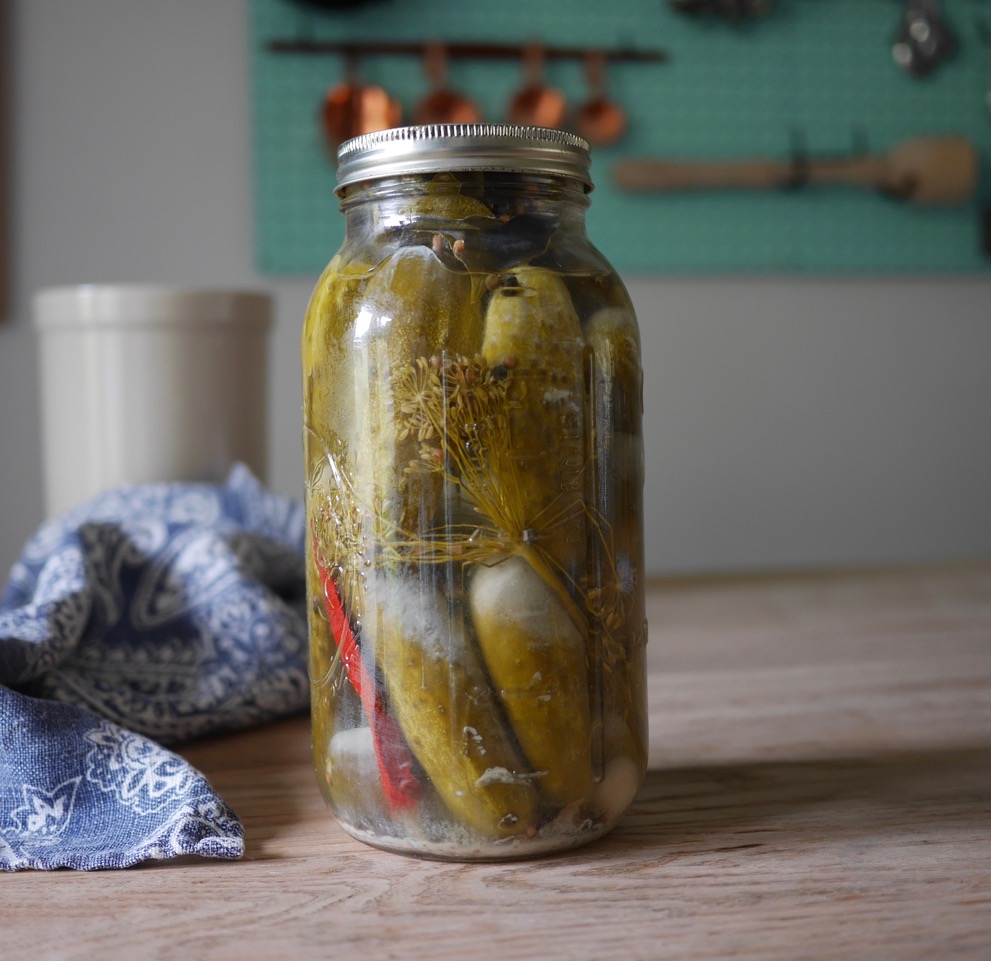
Now that we have that out of the way let’s think about the second part of this idea of pickling, which is that the food, or vegetables in our case, are brought to a pH of 4.6 or lower which is necessary to kill most bacteria. In other words, for something to be a pickle it must be acidic—that distinguishing sour pucker. This acidic and anaerobic setting is the environment that we are looking for when we want to preserve our vegetables for later use.
Vinegar Pickling and Quick Pickling
We can preserve vegetables a few ways, but we are going to concentrate on the two ways you might be drawn to in your kitchen: vinegar pickling and quick pickling. With both of these methods you add vinegar to the vegetable to acidify it; often these pickles are packed in a jar and water-bath canned to remove the oxygen and seal the jar.
A true quick pickle, or refrigerator pickle, is generally made for flavor instead of preservation and stored in the fridge for quick consumption. Recipes for canned vinegar pickles are very specific because, for them to be safe, it is important that the added acidity brings the pH of everything in the jar to below that 4.6 mark.
What is Fermentation?
If what we are doing is preserving by submerging a vegetable in some kind of acid, then it becomes clear that fermentation is also a technique or a tool of the art of pickling. Fermentation is a way to pickle, or acidify, the vegetables, because when the vegetable is in the salt brine the microbes get busy doing what microbes do, which is transforming the carbohydrates (sugar and starch) into acid.
The cool thing about fermentation as pickling is that the microbes do the work for you, and they acidify everything equally, well below our magic 4.6 on the pH scale. You don’t even have to buy vinegar. All you must do is set up the right environment which is something folks figured out thousands of years ago; adding vinegar to make the process go faster came later.
What You Need to Ferment Vegetables
Fermented pickled vegetables require salt and a non-metal container. If fermenting cabbage to make your own sauerkraut, you may want to consider using weight stones and a wooden sauerkraut stomper to push air out and get the fermentation process started.
Fermented vegetables do not require heat or long hours canning. They can be set up in a few minutes and last for months (in some cases years) in the fridge. Traditionally, setting up the ideal fermentation environment was done in a large stoneware crock. However, when you are first learning to ferment, a small jar-sized kit is less daunting.
In short, all vegetable fermentation is pickling but all pickling is not necessarily fermentation.
Note: This article was first posted May 2018.
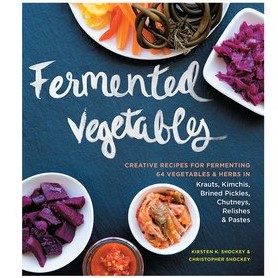
Kirsten K. Shockey is the co-author, along with Christopher Shockey, of the book Fermented Vegetables: Creative Recipes for Fermenting 64 Vegetables and Herbs! They are passionate about teaching the art of fermentation through classes and workshops. To learn more about Kirsten and Christopher, visit their website ferment.works.


